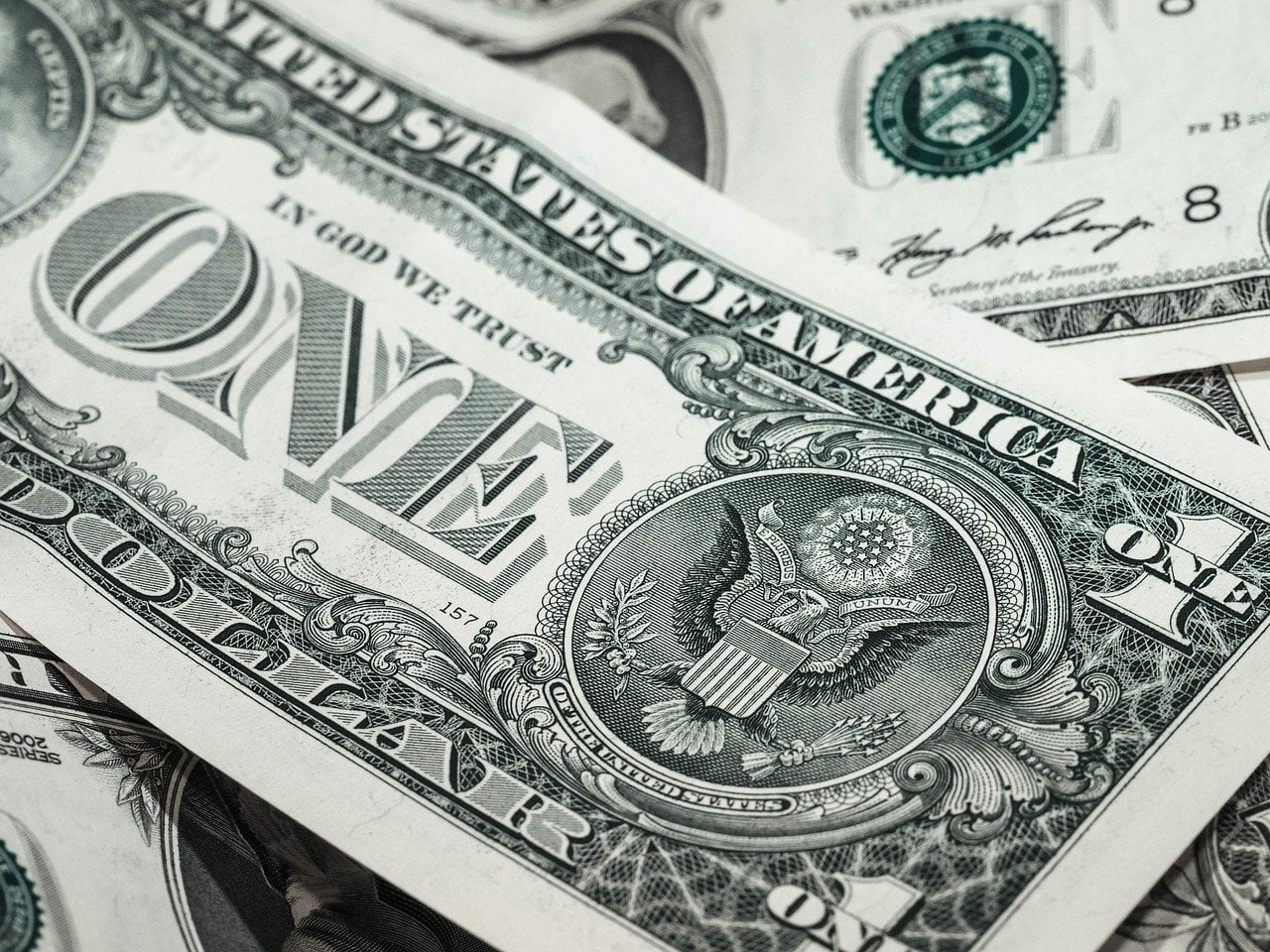The Senate has already approved the $1.9 trillion relief package but with a few amendments, including changing the eligibility for stimulus checks. President Joe Biden is expected to sign it sometime later this week. Now that the eligibility for the third coronavirus stimulus checks has changed, detailed below is all you need to know to determine whether or not you will get the payment.
Q4 2020 hedge fund letters, conferences and more
On Saturday, the Senate approved the $1.9 trillion relief package. The bill now goes back to the House for a final vote, and then lands on Biden’s desk for approval and his signature.
Owing to the amendments, individuals with AGI (adjusted gross income) of $80,000 or more (heads of households with AGI of $120,000 or more and married couples with AGI of $160,000 or more) would get no payment at all, irrespective of the number of children they have.
The Senate made no changes to the amount of the stimulus checks, and thus, the payment would be up to $1,400 per person, including dependents. This means those with AGI of less than $75,000 would get the full payment of $1,400. So a family of four (including two children) could get up to $5,600. As well, this time, any adult dependents will also get the stimulus payment.
The IRS will determine your income using your most recent tax return. So, if you filed your 2020 return before the agency sent the payment, the IRS will determine your eligibility on the basis of your 2020 AGI. In case you have yet to file your 2020 return, the agency will determine your eligibility on the basis of your 2019 return.
When to expect the payment
If you got the stimulus check in the first two rounds, you may not necessarily get the check this time as well. This is because the checks will phase out faster this time.
Also, undocumented immigrants without a Social Security number would remain ineligible for the payment. However, their spouse and children would be eligible if they have a Social Security number. These people were excluded in the first round.
Talking about when you might get the payment, several lawmakers have already suggested that eligible people could see the payment in their bank account in March. On Monday, White House Press Secretary Jen Psaki reiterated the same thing.
"We expect a large number of Americans to receive relief by the end of the month, but in terms of the mechanics of it, the Treasury just has to work through that,” Psaki said.
Now, March appears the most likely timeline as well. The Senate has already approved the $1.9 trillion package, and now, it needs to be approved by the House. On Monday, House Speaker Nancy Pelosi said the House of Representatives would pass the legislation in "the next 24 to 48 hours."





